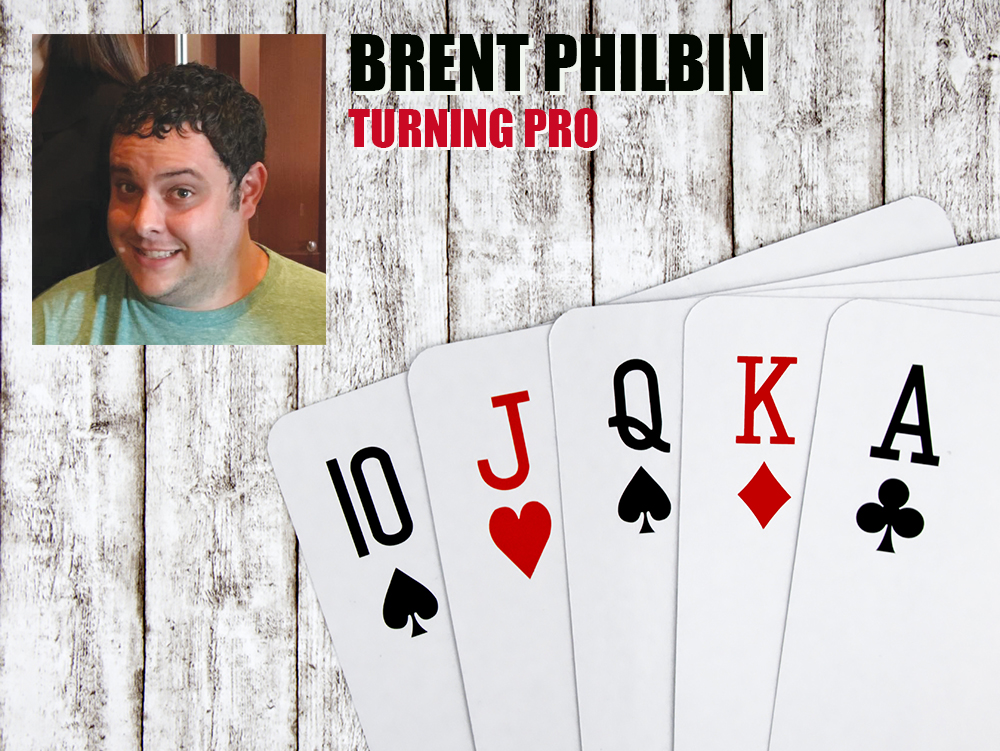A couple of my friends just had a nasty disagreement over swapping percentages in a tournament. Neither of them was trying to “get one over” on the other, but they both perceived a deal that they made differently and it really became ugly once one of the parties cashed in their event. Making deals is a good way of decreasing variance and sharing successes. But it’s important to know the conventional wisdom with deals. Most times deals are talked about specifically, but in the event they aren’t, here are the “default” ways these deals should be handled.
• Last-longers are on a per buy-in basis unless otherwise stated. A last-longer is a pool of money collected at the beginning of a tournament that pays the last person standing in the event. If this is in a re-entry event, if you bust out, you must then buy in to the last-longer again just as you’re buying into the tournament again.
• Percentage swaps are on a per buy-in basis unless otherwise stated. Just like a last-longer, once you’ve busted the tournament, you need to swap an additional percentage with the person you swapped with to continue to have action with them. Example: Players A and B swap 5 percent. Player B busts out and Player A is still playing. If Player B re-enters, he needs to ask Player A to swap again. Now, Player A would have 5 percent of Player B and Player B (the player who busted out) would have 10 percent of Player A.
• All payouts are paid without taxes withheld. Jamie Gold had a very public incident with a friend when he won the main event. And this probably stemmed from his voicemail message that said he would give half “after taxes.” Taxes never should be something you take out of the person’s percentage unless you’ve stated it beforehand. The tax burden is extremely simple to pass on should this situation come up, but definitely speak with a professional.
• If the casino doesn’t facilitate a tournament chop, insist on getting the largest payout. There are some jurisdictions that don’t allow casinos to modify the prize pool, so a tournament deal is left to the players to handle later. Once that money is paid, you have no recourse should the person who got the most money says, “I’m paying you after taxes” or “I’m not paying you; I like keeping my money.” Take the largest share of the money and give a 1099 to those that you need to pay to make the chop even. You’re a professional now; act like one. Also, if you’re me, you just don’t chop. That makes everything a lot easier.
— Brent Philbin is a poker pro who lives in South Florida. You can reach him at Brent.Philbin@gmail.com.




